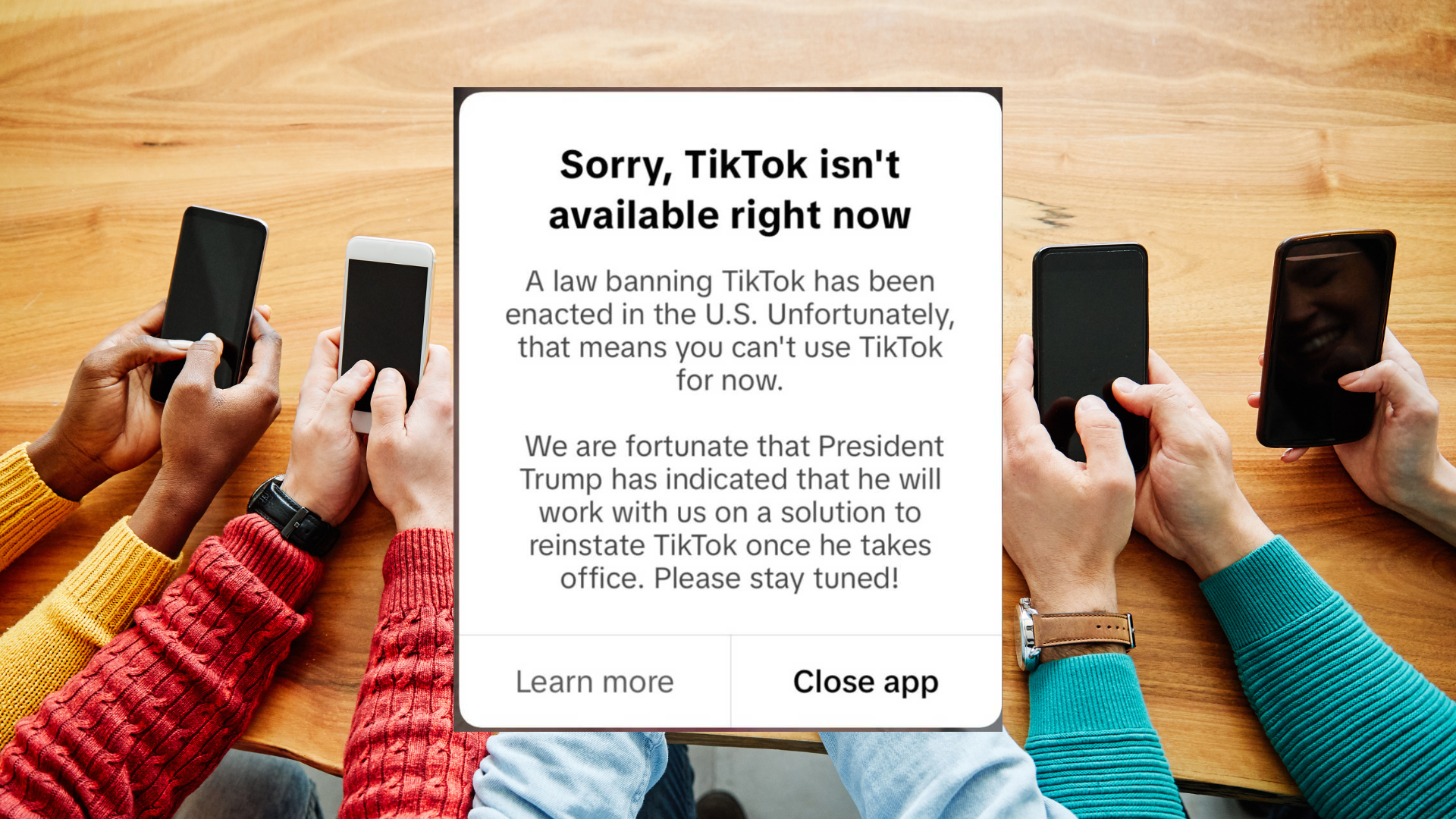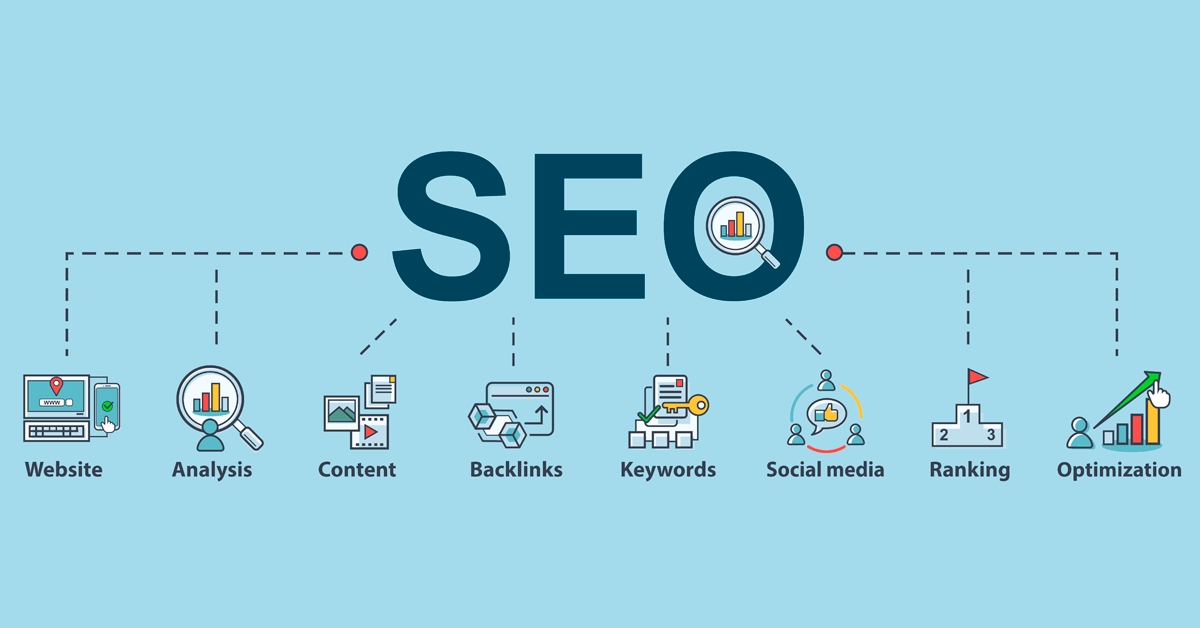The popular short-form video app TikTok has been at the center of political & regulatory scrutiny in the United States, with growing concerns over data privacy & its ties to the Chinese government through its parent company, ByteDance. While TikTok boasts over 170 million American users & has become a cultural phenomenon, questions about the app’s future & its impact on users, creators, & businesses alike have begun to arise. We saw a sneak peak of the ban on January 19th, but as of today the platform is back up & the millions of users are back to scrolling.
Why the U.S. Government is Considering a Ban
The U.S. government has expressed concerns that TikTok’s data collection practices could expose sensitive user information to the Chinese government. Lawmakers argue that this poses a national security risk, leading to calls for either a complete ban or a forced sale to a U.S.-based entity. The Biden administration had kept a close eye on TikTok, demanding changes that would reduce foreign influence & ensure data security. Now the Trump administration has placed a hold on the ban, most likely giving TikTok a 75-day extension before the ban takes place.
Potential U.S. Buyers for TikTok
If TikTok faces a forced sale, several U.S.-based companies have been floated as potential buyers. Among them:
- Microsoft: Known for its enterprise-level security & expanding consumer offerings, Microsoft previously expressed interest in acquiring TikTok during the first Trump administration.
- Oracle: Positioned as a tech company with expertise in data management, Oracle has also been in discussions about potentially acquiring TikTok’s U.S. operations.
- Investors: Many investors have their eyes on TikTok. Kevin O’Leary, Shark Tank investor & businessman, Bobby Kotick, former Activision Blizzard CEO, Frank McCourt, former L.A. Dodgers Owner, & Steven Mnuchin, former treasury secretary, are just a few of the people interested in buying TikTok.
Approaching TikTok Right Now
Even amidst uncertainty, TikTok is still a strong place to advertise. The app has unparalleled reach to both Gen Z & millennial audiences. Plus, its algorithm is unlike any other platform & ensures highly personalized content to highly engaged users, making it a place for brands to foster meaningful connections with users. And those users are spending an average of 95 minutes per day on TikTok, this is more time than any other platform.
By maintaining a presence on the platform, businesses can solidify relationships with audiences before any potential disruptions. As long as users have access to the app, they will be on it. With the fear of losing the app, we may even see an uptick in usage. Brands that continue advertising on TikTok during this period of uncertainty may gain an edge over competitors who choose to pull back. Consistency in marketing efforts can help maintain visibility & relevance while others hesitate.
In short, TikTok’s potential ban should not deter brands from leveraging its advertising capabilities. Instead, it’s an opportunity to maximize the platform’s current value & reach a highly engaged audience.

What Happens if TikTok is Banned?
For Users
Millions of users who rely on TikTok for entertainment, education, & community engagement would lose access to the app. We all got a preview of what this would look like on January 19th, using location data the app was able to restrict access to all U.S. users. We have already seen creators diversify to other platforms & many users will either follow their favorite creators or default to a different platform (Instagram & YouTube Shorts are most likely to benefit the most).
For Businesses
Brands that have integrated TikTok into their marketing strategies would need to pivot to platforms like YouTube & Instagram. YouTube Shorts appears to be the top runner for replacing TikTok. Its availability of both short & long-form content make it a place for any user, & creators are already flocking to the platform since creators are compensated better than they are on TikTok.
How Users Feel About the Ban
Despite the intense political debate surrounding TikTok, many of its users are surprisingly unconcerned about the potential ban. For most, the app is simply a source of entertainment & connection, rather than a geopolitical issue. A large segment of TikTok’s audience, particularly younger users, view the platform as indispensable for their daily lives but remain skeptical that a full ban will ever materialize. Others express frustration at the possibility of losing their favorite platform but are ready to migrate to alternatives if necessary. This detachment highlights a disconnect between the political concerns driving the potential ban & the everyday experiences of TikTok users.
Looking Ahead
Whether through a ban or a sale, the future of TikTok in the U.S. remains uncertain. For now, users, creators, & businesses should prepare for potential disruptions by diversifying their social media strategies & exploring alternative platforms. Meanwhile, the unfolding situation will likely shape broader conversations about data privacy, national security, & the role of foreign-owned tech companies in the U.S.
One thing is certain: the TikTok saga highlights the growing importance of social media in geopolitics, underscoring the need for clear regulations that balance innovation with security. As this story continues to evolve, the world will be watching to see what happens next.
Media Placement Services is here to support your business in the ever-changing digital landscape. Currently, TikTok is still a strong place to advertise especially for businesses looking to reach Gen Z. As the digital landscape changes, MPS can help you find what platform is best for reaching your target audience. At MPS we create custom plans designed to meet your desired goals.


